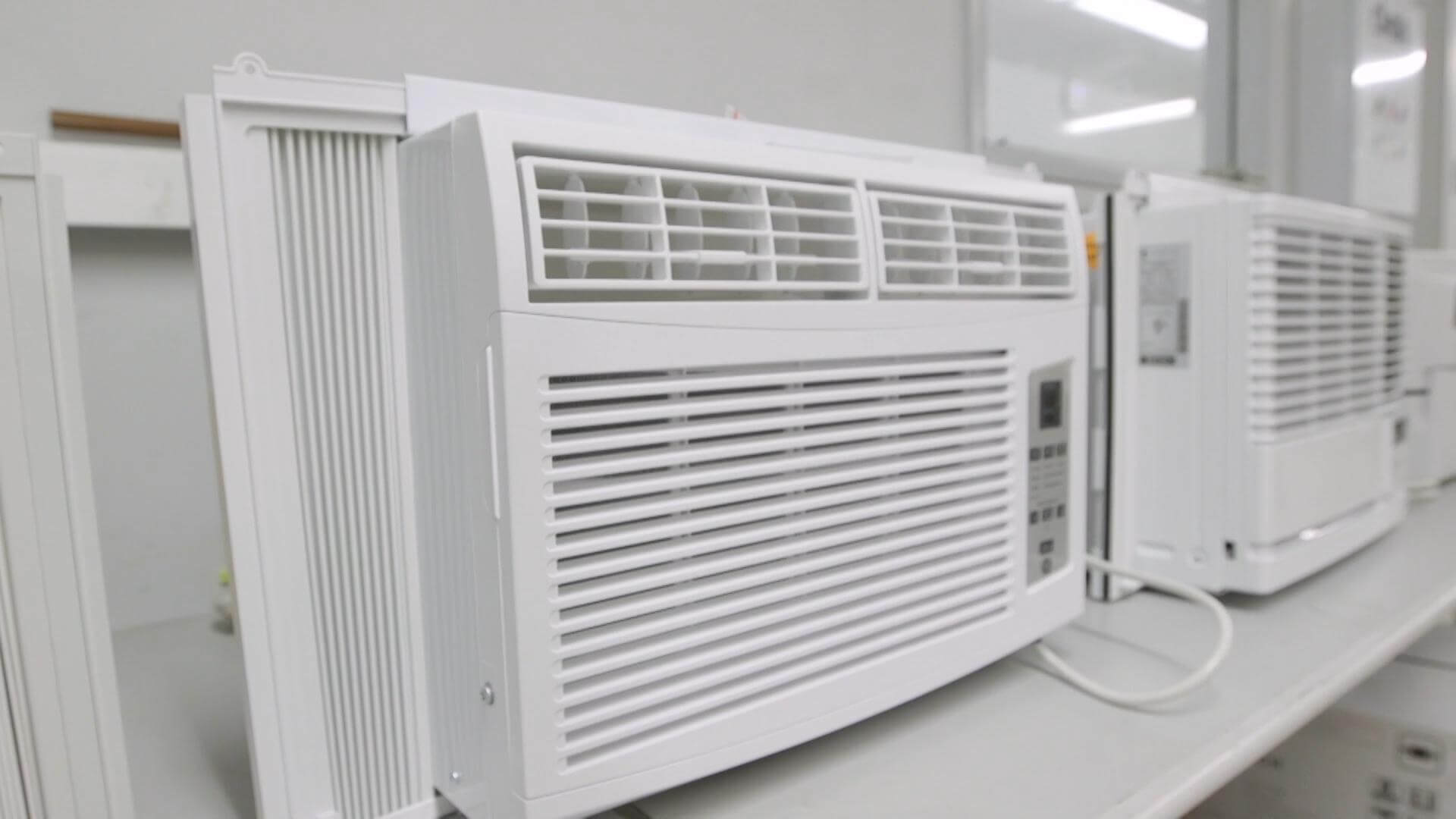For optimal cooling during the hot summer months, choose the right size AC unit for your space. A unit that is too small may not maintain a comfortable temperature. A large unit can cool the room too quickly and constantly turn on and off. That leads to increased energy costs and wear and tear on the unit. HVAC repair experts can help narrow down your choices.
Here are factors to consider when selecting a proper-sized AC system:
1. Square Footage of Your Home
When selecting the ideal-sized AC unit, your home’s square footage is the primary feature. Calculating your square footage helps you determine the cooling capacity required. Multiply your rooms’ lengths by their widths, and add them together to get the square footage. Your square footage will assist you in navigating the air conditioning sizing chart. Consult a reputable HVAC repair professional for assistance. Consider the number of rooms and floors in the house.
2. Local climate
Climate and humidity can impact the AC needs of two equally sized homes differently. Hot, humid climates require higher cooling and humidifying needs than mild, dry climates. Homes in warmer, humid locations need bigger, higher SEER-rated AC units.
3. Number of Occupants
Human bodies produce heat. A room with more people will be warmer than one with fewer people. That may affect cooling needs. You should increase the AC cooling capacity per individual. That applies if several individuals use a space for a significant portion of the day.
4. Number Of Appliances
Your kitchen and laundry appliances often produce heat. That may affect your room’s temperature. A smaller unit might struggle to keep your kitchen cool with your oven on. Add at least one BTU for these spaces.
5. Wall Insulation
Your wall insulation impacts its thermal conductivity. The thermal insulator helps you maintain favorable temperatures in different weather elements. Excellent wall insulation minimizes your air conditioning needs. The space will not lose heat fast. Poor or no insulation will require you to run the AC for more hours. You might require a bigger unit that runs on higher power settings.
6. Windows
The size, number, and type of windows impact energy leakages. Windows typically lose more energy than solid barriers. AC ratings and capacity won’t help much if all the heat leaks through your windows. Consider your windows’ number, size, and type when calculating your AC capacity needs.
7. Ceiling Height
Not all properties have the standard 9-foot ceiling height. Houses with lofty ceilings have a greater volume than the standard ceiling height in typical homes. Add 1 or 2 BTUs above the minimum capacity for the square footage for more efficient cooling.
Read Also: When Should I Contact a Commercial Pest Control Service?
Contact a Professional HVAC Repair Company Today
Picking the right-sized unit can make your home comfortable and minimize your power bills. The rating and capacity, climate, square footage, and wall insulation are some variables that streamline the process. An HVAC repair company can handle the required calculations to optimize efficiency. A reputable expert will review each prospect and clarify how existing elements affect your calculations. Before acquiring an AC unit, research and consult a HVAC expert.
